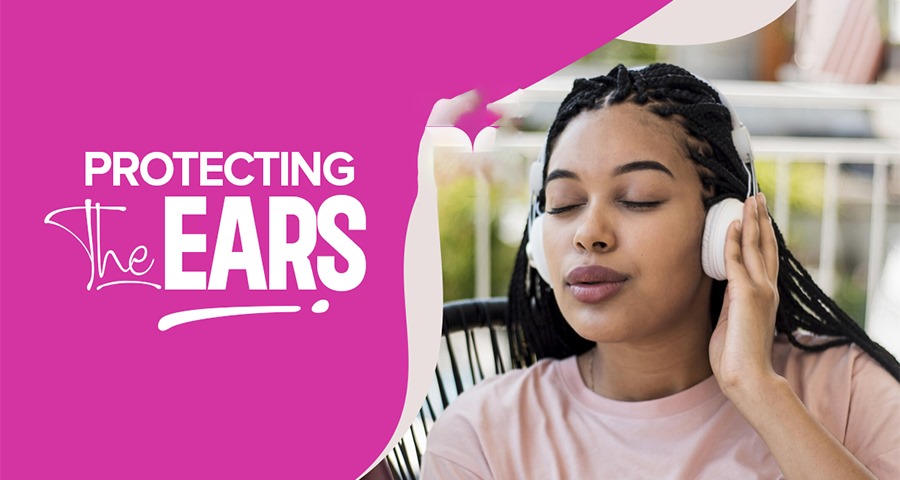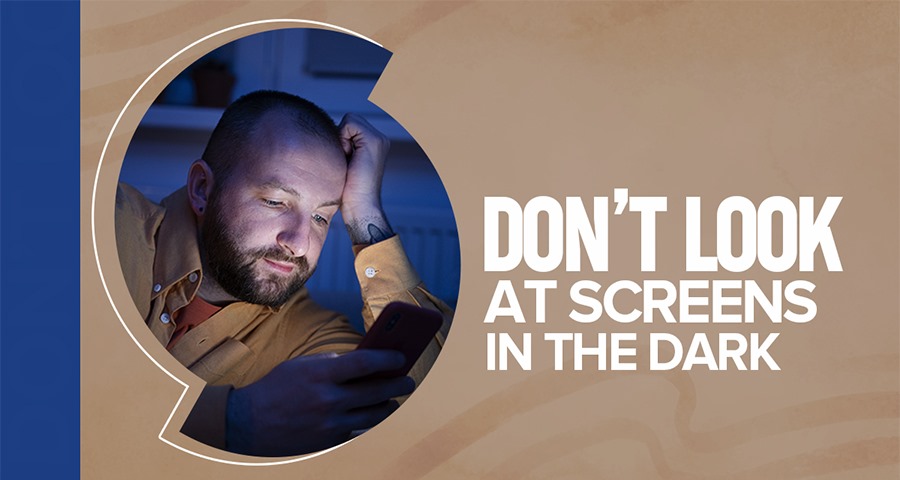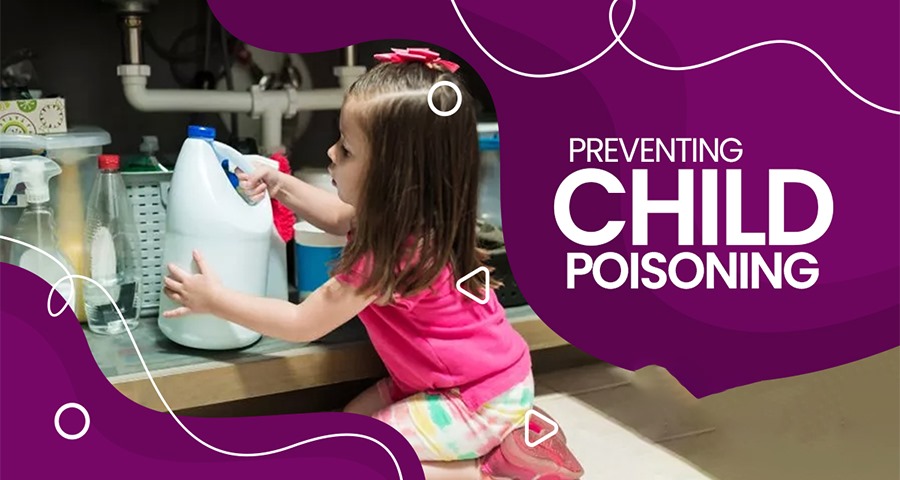
Awarness
PROTECTING THE EAR
Your ears are responsible for transmitting and receiving sounds, maintaining body balance, enhancing healthy interpersonal relations, and much more. As important as they are, our ears require special care. Here are some helpful tips on how to protect your ears and keep them healthy.• Clean your outer ears only: To keep the ears clean, you only need to clean the outer parts. Clean with water, gentle soap, and a washcloth. Also, wipe the outer curves with cotton swabs.
• Never stick objects in your ears: A clean ear is not wax-free. The ear is a self-cleaning organ, designed to have some wax to prevent dust and other possibly harmful substances from entering the ears. Left alone, old earwax will naturally fall out due to jaw movement. Do not stick cotton swabs, Q-tips, or sharp or pointed objects in your ear canal. Some of these objects may push the earwax further in, rather than removing it, leading to blockage, ear trauma, and hearing loss eventually. If there is a buildup of earwax in your ear, seek professional help to remove it.
Maintain a healthy diet: Several studies show how different foods are crucial to your hearing. The right food will contribute to your body’s immunity against age-related hearing loss, so practice sound dietary habits today, with adequate fruits, vegetables, nuts, and proteins.
• Mind your meds: Some medications may cause temporary or permanent hearing loss. Use medications only as prescribed by a doctor, be sure to read up on the side effects and watch out for any adverse reactions. Discontinue use and seek immediate medical assistance if you observe hearing loss or develop constant noise in your ears while on any medication.
• Protect against infections: Moisture in the ear canal and piercings in the earlobes are likely breeding grounds for infection-causing bacteria. To protect against these infections, always dry your ears with a clean dry towel after showering or swimming. Routine cleaning of ear piercings and earrings with rubbing alcohol is also advised.
• Avoid loud noise: The level of noise and duration of exposure to it is a factor in hearing loss. To protect your ears, we recommend using ear/headphones for a maximum of one hour daily at 60% volume. Wear hearing protection during exposure to loud levels of noise while mowing the lawn, at a shooting range, at a sporting event, etc.
• Employ safety: Always wear protective helmets while engaging in any activity that may put you at risk of head or ear injuries. Change in pressure levels inside the ear is potentially harmful, so use earplugs or practise swallowing and yawning often during air travel, especially during takeoff and landing.
Not understanding what other people say and answering inappropriately, difficulty hearing during conversations, ear pain, and frequent hums/noise within your ears or head are just a few of the tell-tale signs of imminent hearing problems. Seek medical advice when you experience any of these.
Proper ear care will improve your overall health. Start today. Improve the quality of your life by taking adequate care of your ears.









